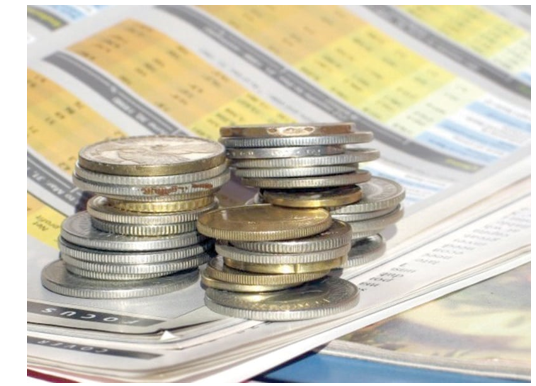INP-WealthPk
Arooj Zulfiqar
Bridging Pakistan's savings-investment gap is key to easing the country's reliance on external debt, paving the way for sustainable economic growth

and financial independence.
“Amidst Pakistan’s ongoing economic challenges, one of the most pressing issues remains its dependency on external debt to finance the fiscal deficit. The savings-investment gap has long hampered sustainable economic growth, further deepening the country’s reliance on foreign aid and loans,” said Dr. Sajid Amin, an eminent economist and Deputy Executive Director of the Sustainable Development Policy Institute (SDPI). “Closing this gap is crucial for easing Pakistan’s external debt burden and securing long-term financial stability,” he told WealthPK. Sajid noted that one of the fundamental challenges contributing to Pakistan’s savings-investment gap is its structural economic imbalance. “The country’s tax base remains narrow, with informal sectors largely underreported. This leads to limited government revenue, making public investments reliant on external financing.” “In addition, weak corporate governance and regulatory frameworks have deterred both domestic and foreign investors from pouring capital into productive sectors.
This lack of investment hinders the country’s ability to modernize industries, improve productivity, and foster innovation, which are essential for sustainable economic growth,” he underscored. Pakistan’s investment ratio has plunged to its lowest levels in 50 years, with the investment-to-GDP ratio standing at 13.14% in FY24 compared to 14.13% in FY23. The government had set a target of a 15.1% investment-to-GDP ratio for FY24, marking the lowest ratio in the past 50 years. The SDPI deputy executive director attributed this low savings rate partly to the informal sector, where households are reluctant to save within the formal financial system. “Instead, many invest in real estate or hold onto cash outside of traditional banking channels, keeping a substantial amount of capital out of the formal economy.” Sajid said high inflation rates, which absorb a large portion of household income, and generally low-income levels in the country also contribute to the savings shortfall.
“This gap between savings and investment forces Pakistan to turn to external borrowings to meet its development needs.” “To address this gap, Pakistan needs a comprehensive strategy aimed at improving domestic savings and increasing investment inflows. A multi-pronged approach can help alleviate the country’s dependency on external debt,” he suggested. Sajid emphasized that the government must take steps to incentivize private savings by offering more attractive savings instruments and improving trust in banking and financial institutions. “To finance its investment needs, Pakistan must undertake significant reforms to broaden the tax base. Improving tax collection mechanisms, reducing the informal economy, and addressing tax evasion are critical steps. A broader tax base will increase government revenues, allowing for more public investments without excessive reliance on external debt,” he underscored.
Credit: INP-WealthPk













